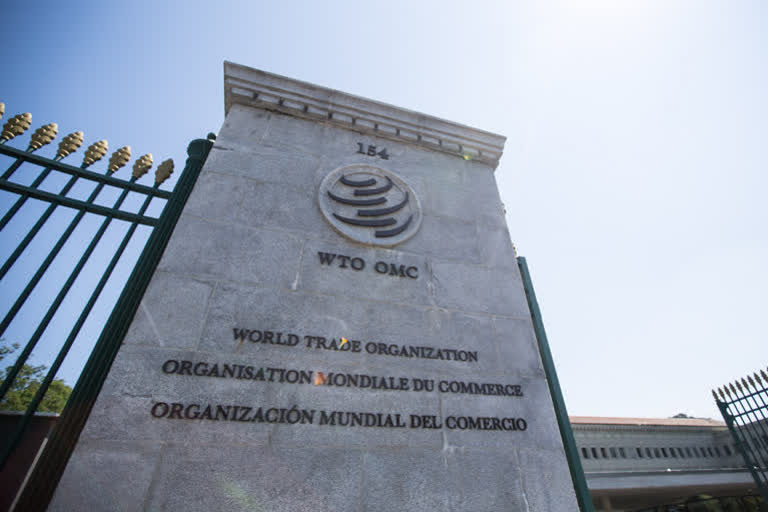Hyderabad: The WTO Secretariat has published an information note looking at how micro, small and medium-sized enterprises (MSMEs) are being affected by the COVID-19 pandemic.
It notes the impact of supply chain disruptions on MSMEs and the extent to which smaller businesses are represented in the economic sectors hardest hit by the crisis.
Read more:India added 21 million jobs in May despite high unemployment rate
MSMEs are the backbone of many economies, representing 95 per cent of all companies worldwide and accounting for 60 per cent of employment.
Many MSMEs depend on international trade for their activities, either because they export their products through direct or indirect channels, or because they import inputs to manufacture the products that they sell domestically. They are major employers of women and young people, and a key driver of innovation.
Key points:
- MSMEs are particularly exposed to the COVID-19 pandemic’s economic impact because of limited financial resources and borrowing capacity, and because of their disproportionate presence in economic sectors affected by social distancing measures and transport disruptions. MSMEs are also particularly exposed to trade restrictions on agricultural products
- Where MSMEs are highly integrated into global value chains (GVCs), supply chain disruptions can create an existential risk for MSME importers and exporters, either because of shortages of necessary parts, or through shocks to demand
- The pandemic-related challenges add on to the existing, well-known trade obstacles encountered by MSMEs, and therefore undermine progress towards more inclusive trade
Urgent stimulus and backstop measures introduced for MSMEs
Governments have primarily introduced urgent stimulus and backstop measures for MSMEs, such as liquidity support to address cash flow issues, with the aim of preserving jobs and ensuring business continuity, as well as measures to expand trade opportunities for MSMEs.
A few governments have also introduced measures aimed at developing the resilience of MSMEs and building their capacity to overcome future shocks to demand and supply chains.
To limit the impact of the current crisis on MSMEs and to build their resilience, it is critical that MSMEs have better access to regulatory and market information and affordable trade finance, as well as to streamlined customs procedures and requirements. Greater use of digital tools and e-commerce would also benefit MSMEs.



